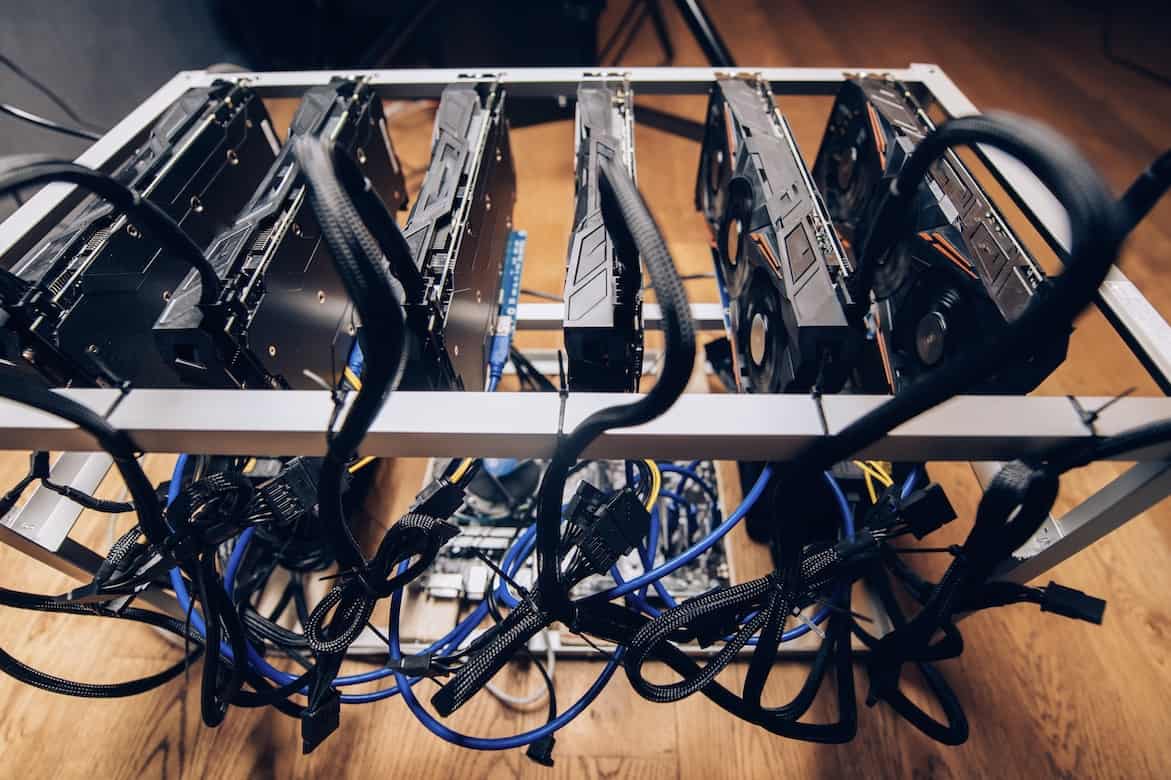Another Chinese province has introduced higher retroactive electricity charges for cryptocurrency mining projects when they are discovered, a form of financial penalty on the banned activity.
See related article: China seizes over 3,500 Bitcoin mining rigs, hikes electricity rates
Fast facts
- The Guizhou Provincial Development and Reform Commission on Monday said any uncovered cryptocurrency mining farms will face an increased electricity rate of 2 yuan (US$0.3) per kilowatt-hour for the power used in the period they were in operation.
- China banned crypto mining in September, but underground mining activities persist.
- The threat of penalties in the form of higher power charges is meant to stem what seems to be a resurgence of such mining operations, which consume large amounts of electricity.
- Guizhou joins at least four other Chinese regions in introducing similar penalties.
- In January, China controlled 21.1% of the global Bitcoin hashrate, to become the second-largest Bitcoin producer, trailing only the 37.8% in the U.S., according to the Cambridge Centre for Alternative Finance.
See related article: Beijing banned crypto mining, so China miners went underground





